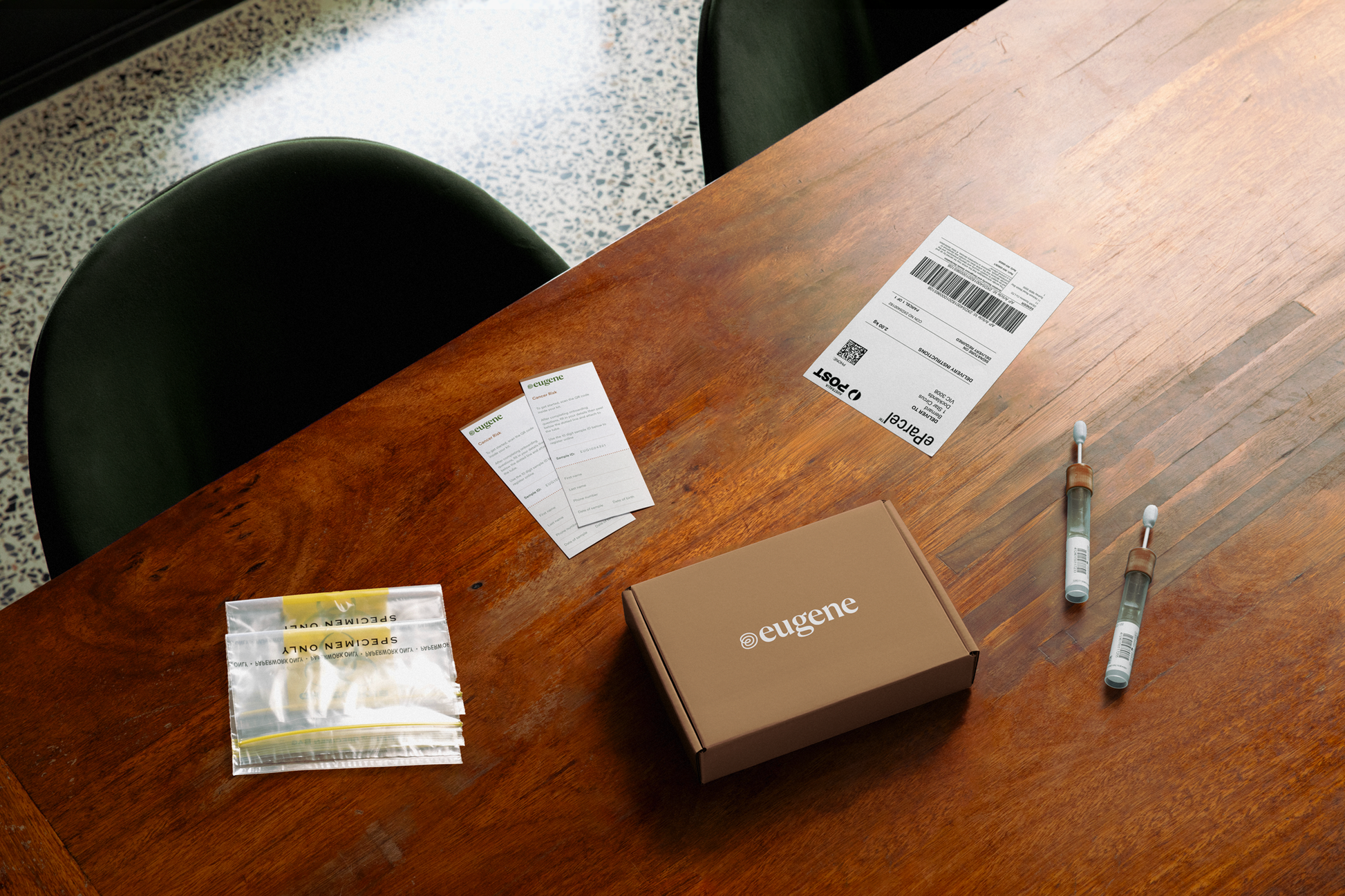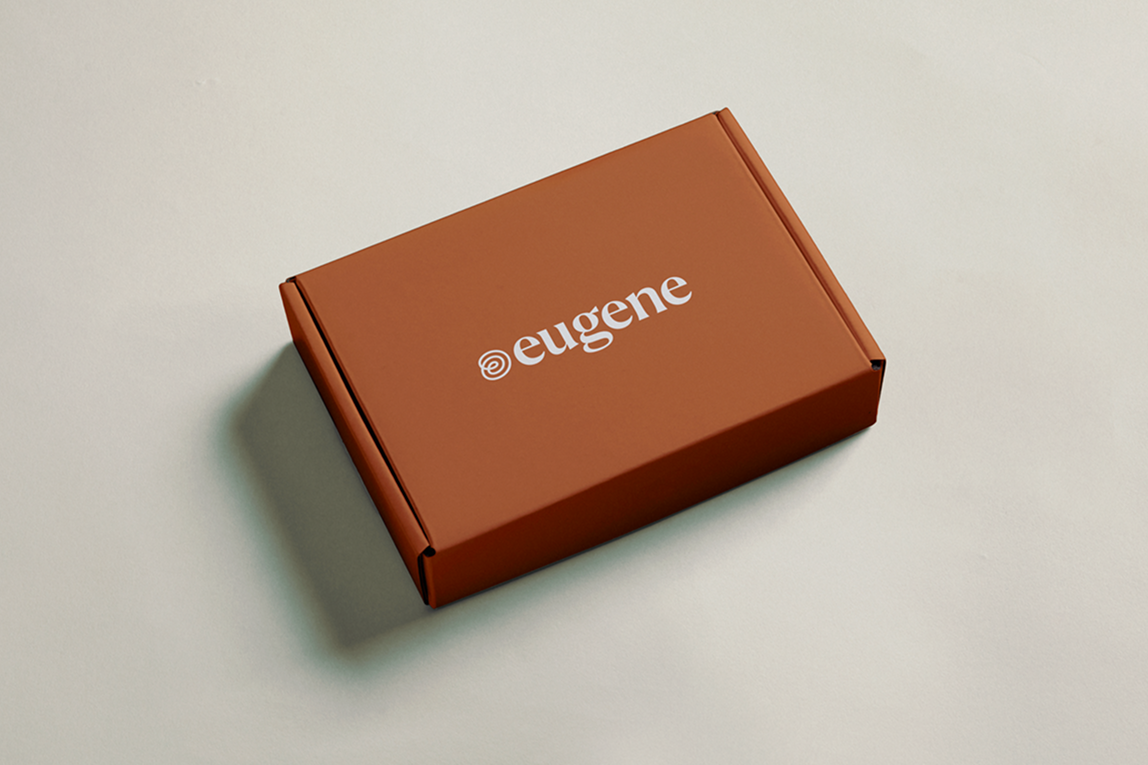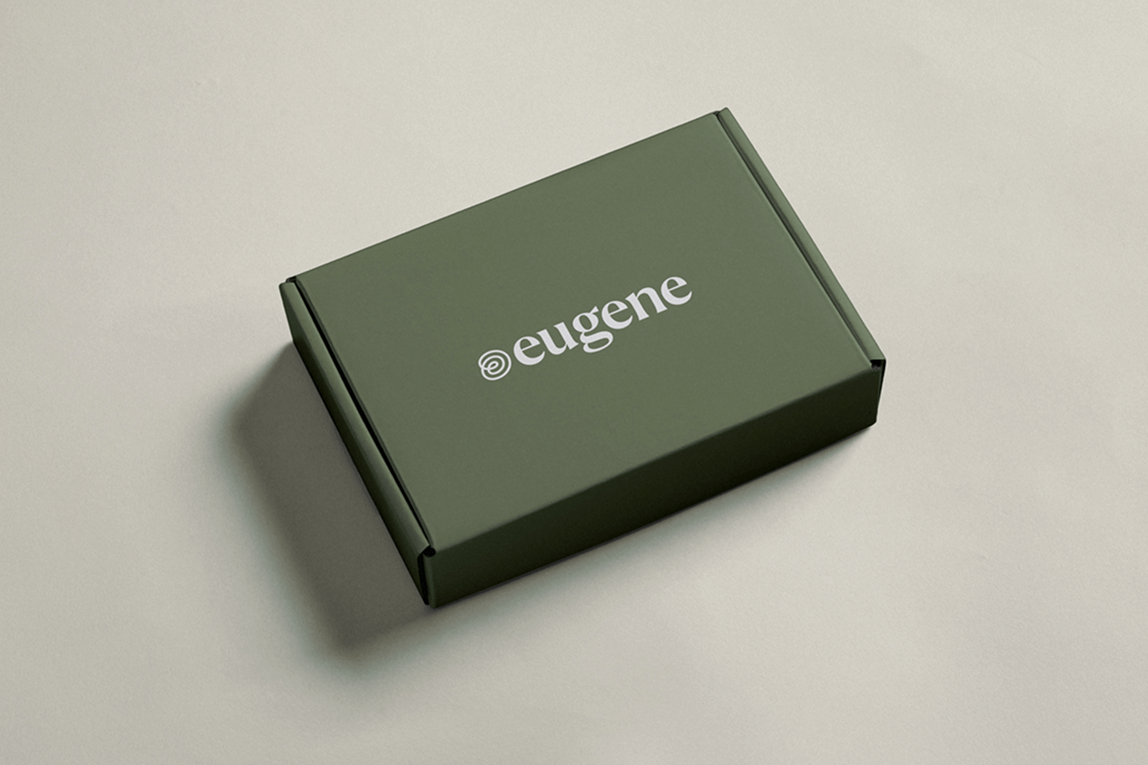Proactive Cancer Risk Test with HealthScreen
Proactive Cancer Risk Test with HealthScreen
Regular price
$949.00
Sale price
$949.00
Regular price
This genetic test looks for variations in 60+ genes known to increase your risk of developing cancer. The results, in conjunction with family history information, can help guide your personalised prevention and early detection plan.
As seen in











